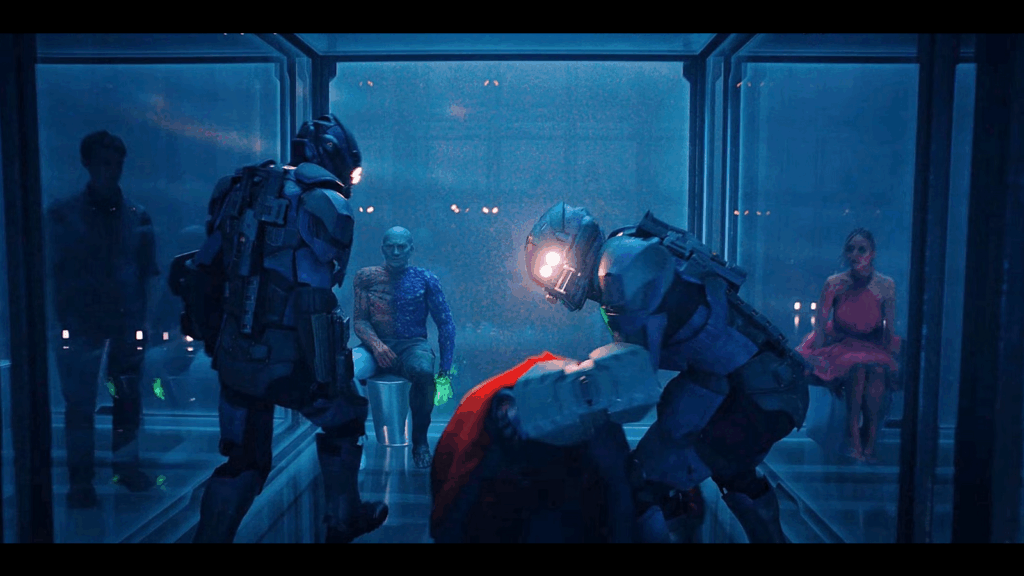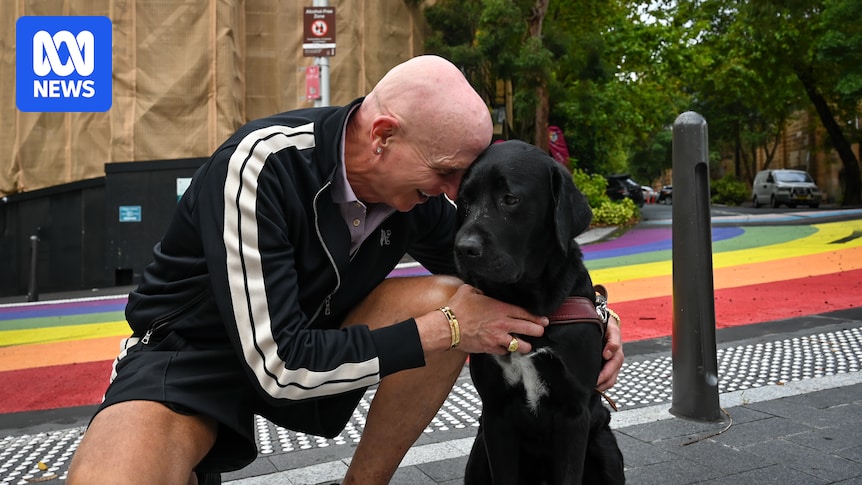
The latest Superman film, directed by James Gunn and featuring David Corenswet in the titular role, has ignited a political firestorm. The controversy stems from the film’s sympathetic portrayal of immigration and its underlying message of “basic human kindness,” which has drawn ire from right-wing commentators and Trump supporters.
Despite the backlash, the movie has resonated with audiences, partly due to its progressive themes. The criticism, however, is less about the film’s artistic merit and more about the broader social and political tensions in the United States. The film’s depiction of Superman as both an alien and a metaphorical immigrant has struck a nerve with those sensitive to critiques of Trump-era immigration policies.
The Political Backdrop
The outcry against Superman is emblematic of the heightened political climate in the U.S., where immigration remains a contentious issue. The film’s narrative, which draws parallels between Superman’s alien origins and the immigrant experience, challenges the aggressive immigration enforcement policies associated with the Trump administration.
Superman’s story has always been one of an outsider finding his place in the world. In this iteration, Gunn emphasizes the character’s immigrant roots, framing Superman as a symbol of hope and compassion in a world often divided by xenophobia and fear.
Gunn’s Vision and the Right-Wing Reaction
James Gunn, known for his work on the “Guardians of the Galaxy” series, has a history of challenging the status quo. His dismissal and subsequent reinstatement by Disney after criticizing Donald Trump highlights the contentious relationship between Hollywood and political conservatism.
Gunn’s comments about Trump’s immigration policies and his portrayal of Superman as an emblem of human kindness have been met with fierce opposition from conservative media outlets. Fox News personalities and right-wing pundits have lambasted the film, accusing it of promoting a “woke” agenda.
“Superman is the story of America,” Gunn told the Sunday Times. “An immigrant that came from other places and populated the country, but for me it is mostly a story that says basic human kindness is a value and is something we have lost.”
Artistic Choices and Social Commentary
The film’s plot revolves around Superman’s efforts to thwart Lex Luthor’s (Nicholas Hoult) scheme to incite war between fictional nations Boravia and Jarhanpur. Luthor’s character, a billionaire CEO, embodies the unchecked power and greed often criticized in modern media.
Superman’s allies in the film include other metahumans like Green Lantern and Mister Terrific, as well as human characters such as Lois Lane and Jimmy Olsen. These characters, along with the humorous super-dog Krypto, contribute to the film’s message of unity and resilience.
Gunn’s direction infuses the film with a blend of humor and earnestness, although some critics argue that it doesn’t fully escape the trappings of a formulaic superhero movie. Nonetheless, the film’s critique of social media misinformation and its portrayal of Luthor’s private prison system offer poignant commentary on contemporary issues.
Implications and Future Outlook
The reaction to Superman underscores the deep ideological divides in American society. The film’s emphasis on empathy and kindness challenges the harsh rhetoric often associated with immigration debates. As political tensions continue to rise, cultural works like Superman may increasingly become battlegrounds for these larger societal conflicts.
Looking ahead, the film’s success may encourage other filmmakers to explore similar themes, potentially leading to a broader cultural shift. However, the backlash also serves as a reminder of the entrenched resistance to such narratives.
In a world grappling with complex issues of identity and belonging, Superman’s story offers a hopeful vision of a more inclusive future. Whether audiences embrace this vision or reject it remains a reflection of the ongoing struggle for the soul of America.




